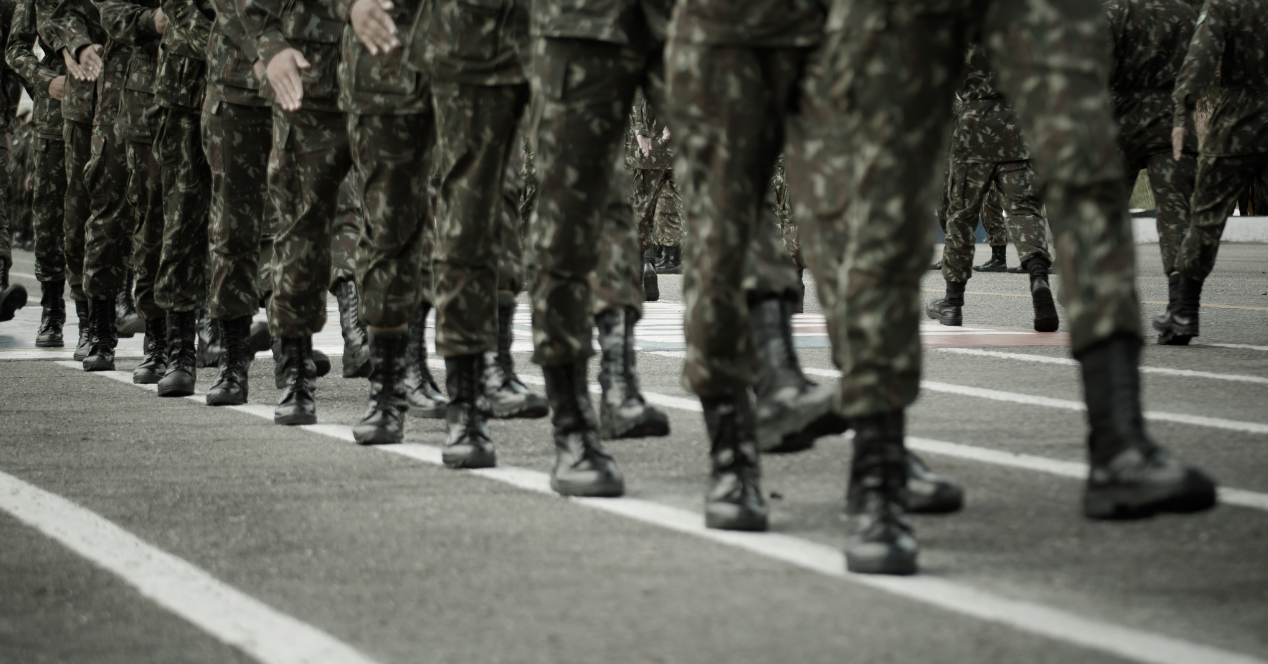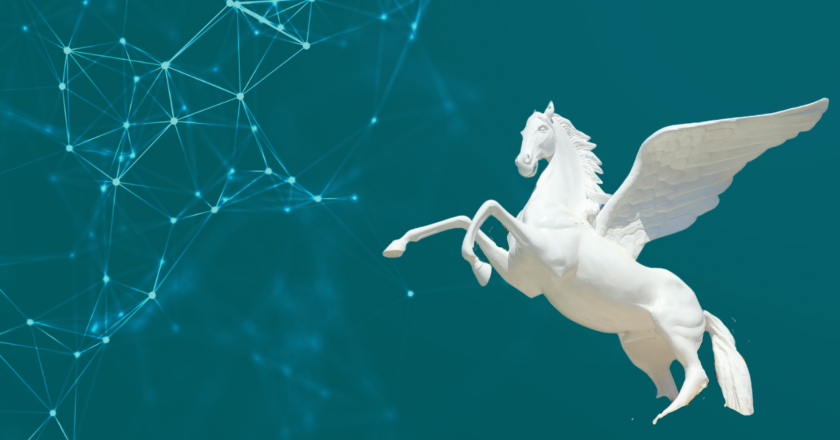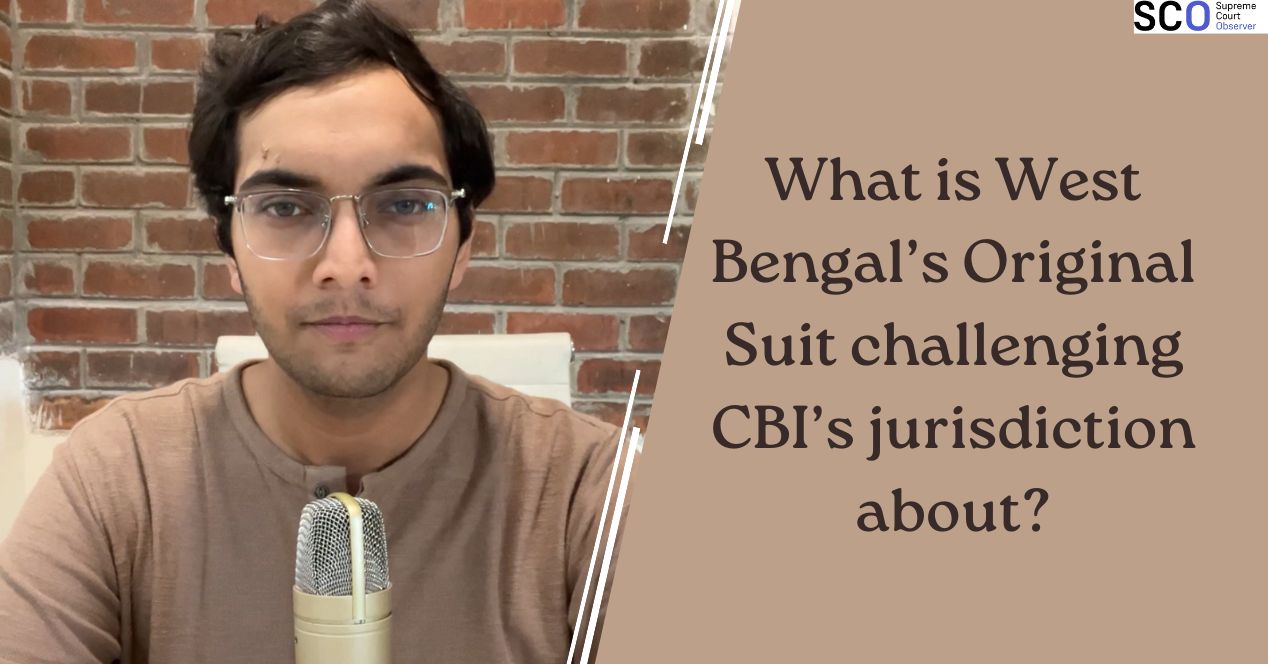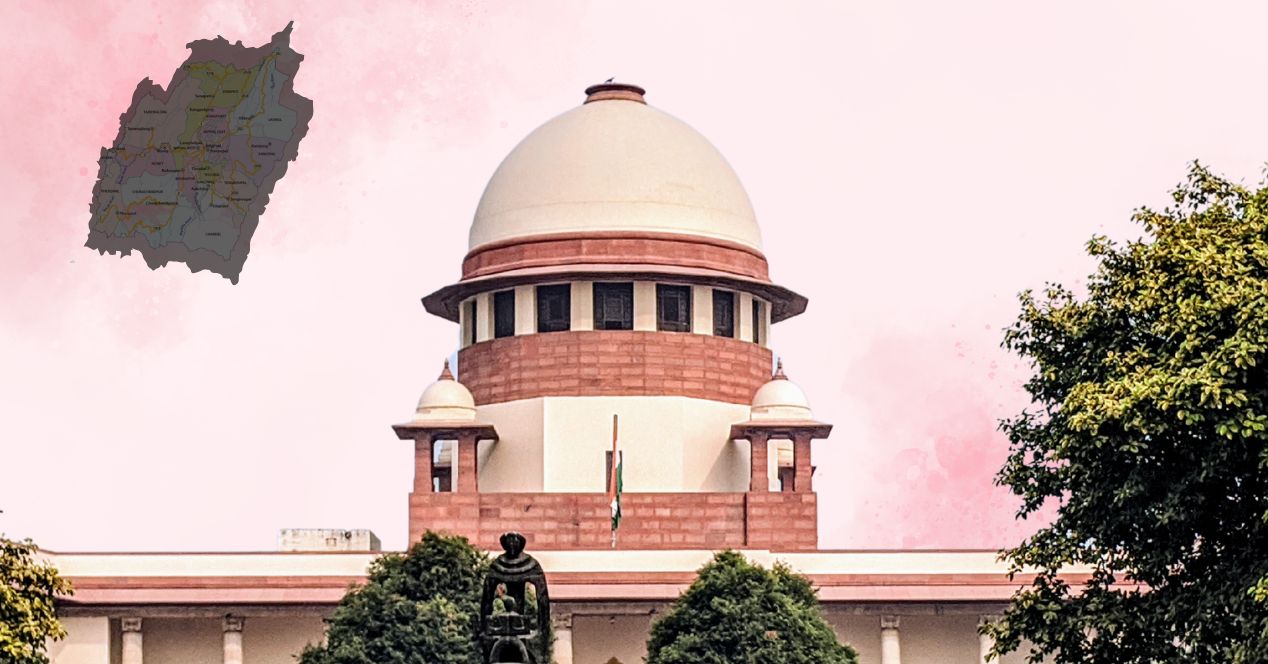Analysis
Supreme Court orders CBI probe into Karur stampede, constitutes retired judge-led Oversight Panel
The Court held that the incident which has shaken the national conscience, deserves fair and impartial investigation
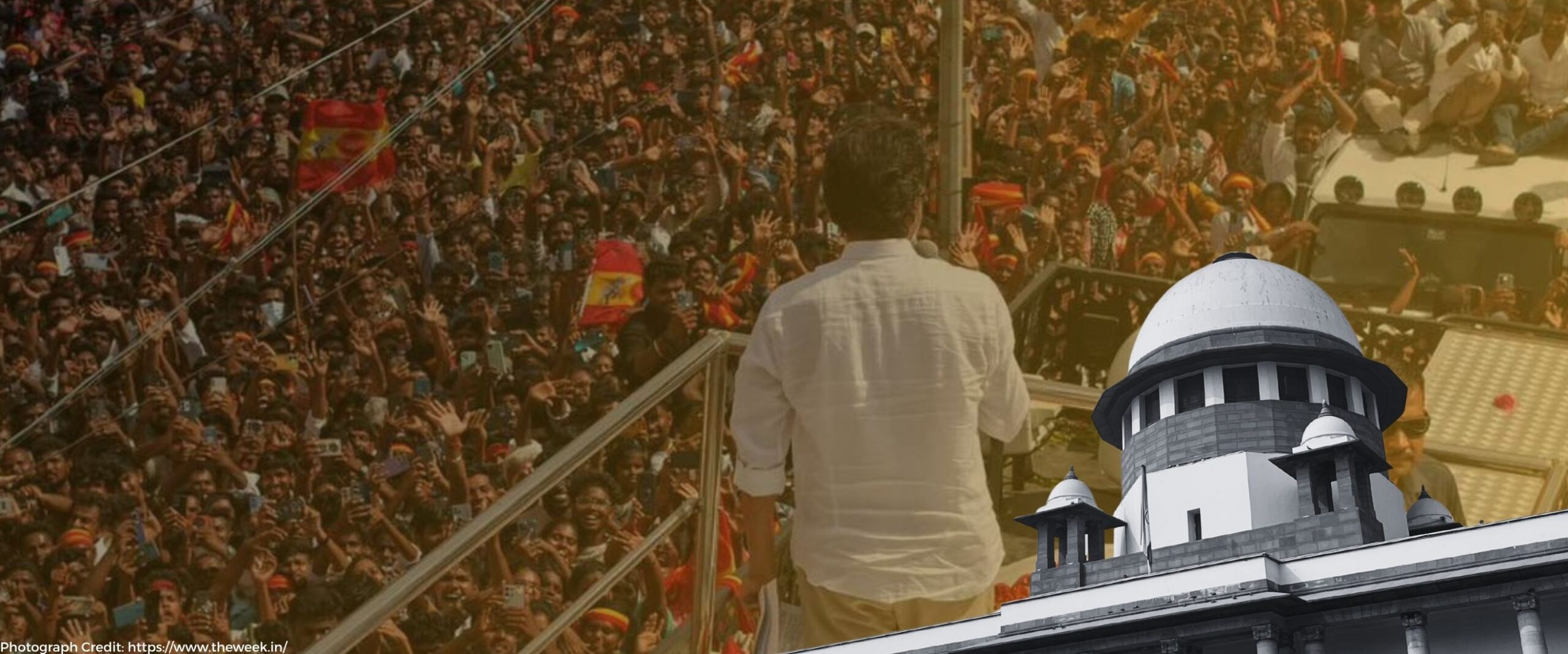
The Supreme Court, on Monday, ordered the Central Bureau of Investigation (CBI) to take over the probe into the recent Karur stampede. The incident claimed 41 lives during a political rally organised by actor-politician Vijay’s party, Tamilaga Vettri Kazhagam (TVK).
In its interim order, the Bench comprising Justices J.K. Maheshwari and N.V. Anjaria constituted a three-member Supervisory Committee headed by retired Supreme Court judge Justice Ajay Rastogi, alongside two senior IPS officers, not below the rank of Inspector General of Police, who may be of Tamil Nadu cadre but shall not be a native of Tamil Nadu, to monitor and guide the CBI investigation. The panel is empowered to issue directions to ensure a fair, impartial, and transparent probe, and will receive monthly progress reports directly from the CBI.
Background
On 27 September 2025 thousands of people gathered at a TVK rally in Karur, Tamil Nadu to have a glimpse of their popular icon. The event, which attracted a crowd of over 27,000 people, ended in a stampede that took the lives of 41 attendees.
Following the incident, petitions were filed before the Madurai Bench of the Madras High Court. Karur town falls within its jurisdiction. The petitions sought a CBI investigation into the incident. Petitioners also prayed for formulating the Standard Operating Procedure (SOP) along with guidelines for political rallies, road shows, public meetings and other such public gatherings.
Meanwhile, a single-judge bench at the Principal Bench in Chennai decided to expand the scope of another petition filed before the Court which was also seeking the drafting of an SOP. He expanded the scope of the case suo moto and ordered a probe by the Special Investigation Team (SIT). The case was already being heard by a division Bench of the Madras High Court at Madurai. The Single Judge had not been instructed by its Chief Justice to look into the matter. Further, the petitioners before the Single Judge Bench had not sought the constitution of an SIT. Justice N Senthilkumar, who sat as the Single Judge Bench, noted the extraordinary circumstances of the case to justify the extraordinary measures.
Strictures against the Single Judge of the High Court
In the hearing on 13 October, the Supreme Court pointed out that Justice N. Senthilkumar had been completely silent about the material referred to and the reasoning for ordering an SIT probe. The Single Judge Bench had mainly referred to the submissions of the Additional Advocate General in its order.
The Supreme Court observed: “It is also not forthcoming as to what was the need to increase the multiplicity of proceedings with respect to the same cause, subject matter and seeking similar prayers”.
Justices Maheshwari and Anjaria noted that the plea to form SOP/Guidelines for public rallies ought to be dealt with by the Division Bench—not by a Single Judge Bench.
The Supreme Court made it clear that there was no occasion for the Single Judge of the Main Seat of the Madras High Court to entertain a criminal writ petition without orders of the Chief Justice of the High Court in that regard.
The Supreme Court found it improper that the Single Judge Bench took suo moto cognisance of the case when the case was pending before the Madurai Bench. The Single Judge Bench ought to have dismissed the petition, the Supreme Court said.
On the plea for a CBI investigation, the Division Bench at Madurai noted that the investigation was still at a nascent stage and no flaw had been found in the police investigation. Therefore, it declined the plea for CBI investigation.
Madras High Court asked to explain
The Supreme Court, pointing out these two parallel proceedings, regretted a lack of display of sensitivity in dealing with such a matter and for creating multiplicity of proceedings, “for the reasons best known to the Hon’ble Judges”.
The Bench sought an explanation from the Registrar (Judicial) of the Madras High Court on why it treated a writ petition seeking formation of SOP/Guidelines for the rallies of political parties and roadshows, as a criminal Writ Petition.
The Supreme Court also sought to know why the High Court did not treat the petition for SOP/Guidelines as a PIL, and whether it would be listed before the Single Judge or the Division Bench.
Grounds for directing CBI investigation
The Supreme Court noted that a mechanism for independent investigation was crucial in the case, particularly because it involved the ruling party which controlled much of the law enforcement and other state machinery. In light of concerns of fair investigation, it considered petitioners’ plea for a CBI probe. The TVK, in its Special Leave Petition, prayed for an investigation under the supervision of any former Judge of the Supreme Court.
The Supreme Court found merit in the TVK’s plea. It agreed that it would not be fair for the investigation to be conducted by the same state police that had previously defended their role in controlling the crowd and eventually the stampede. It also took note of the fact that top level officials had made public comments in defence of the police force, creating a sense of distrust over the fairness of the investigation.
The Supreme Court cited the State of West Bengal v Committee for Protection of Democratic Rights (2010), to suggest that the CBI investigation must be initiated cautiously in exceptional situations where it becomes necessary to provide credibility and instill confidence in investigation. It must not be a routine process, or something easily deployed by parties with allegations against local law enforcement.
The Karur incident, it held, has wide ramifications for the families who lost their loved ones in the incident and for the safety of citizens in general. It took note of the concerns of the families of the deceased and the injured victims who wanted an unbiased, independent and impartial investigation in their pursuit of justice.
With the intention to instill trust over the investigation process for families and the general public, the Court found it pertinent to initiate CBI investigation.
Orders of the Court
The Court suspended the SIT set up by the Single Judge of the High Court. It also suspended the Enquiry Commission set-up by the Chief Minister, led by the retired High Court judge Aruna Jagadeesan.
The Supreme Court granted eight weeks to the State of Tamil Nadu to file a counter-affidavit.
The order is being seen as a strong step by the Supreme Court to maintain judicial oversight over politically sensitive investigations, ensuring neutrality and procedural propriety.
By constituting a retired judge-led supervisory committee, the Court has innovatively combined judicial oversight with administrative independence, a model likely to influence future high-profile probes.

